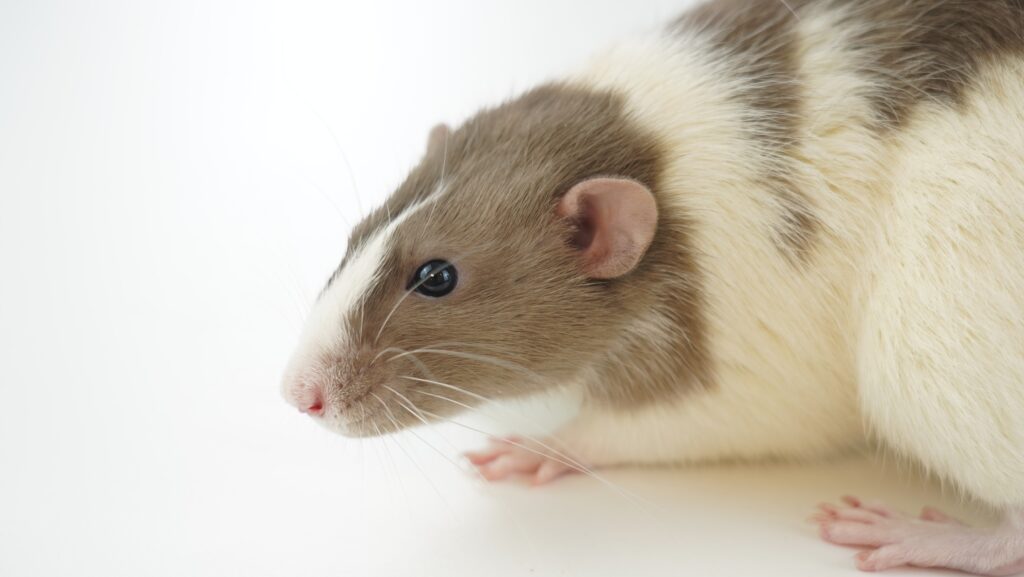One of the significant challenges faced by researchers and technicians working with laboratory animals is coping with the emotional toll that comes with interacting with living creatures. This phenomenon is commonly referred to as Compassion Fatigue (CF).
What is Compassion Fatigue?
Compassion Fatigue is characterized by emotional and physical exhaustion resulting from prolonged exposure to emotionally challenging situations, particularly in the research fields where animals are used. According to the Dare2care website, ” Laboratory animal professionals have a higher risk of developing CF, as they provide daily care to the research animals. […] Symptoms of CF range from depression, anxiety, cynicism and physical ailments to isolation, absenteeism, hopelessness, substance abuse, and even suicide”.
How and why is Compassion fatigue developed?
Students, before transitioning into the professional world, find themselves protected from certain aspects of animal research in the lab due to safety and regulatory constraints. What often remains unspoken is the emotional toll it takes on individuals involved in such research. Although CF is a significant challenge for the lives of many researchers and support staff, it’s frequently overlooked and not addressed. After starting the experiments, some deep thoughts about the animals’ well-being, the emotional connections with them, and the necessity to sacrifice them as the experiments end can set roots in the researcher’s mind. This emotional conflict becomes a challenging aspect of the job. On the one hand, there’s the fascination of scientific exploration and experimentation, activities one may genuinely enjoy. On the other hand, there’s the unavoidable engagement in animal work, which leads to a sense of discomfort and isolation. This contrast makes people wonder if they are truly made for the job and question whether it aligns with their personal values. Additionally, the social aspect of expressing discomfort in performing normal experimental tasks shouldn’t be ignored. Being open about it can attract blame from other people because the researchers’ activities are the cause of the animals’ distress. At the same time, not being able to openly talk about it can result in a deep sense of loneliness and guilt.
What has already been done and can be improved?
While there’s a serious need to do more in this regard, some progress has already been made. In 2016, J. Preston van Hooser, a research scientist at the University of Washington (UW), launched a program called Dare 2 Care that promotes many initiatives to help people recognize signs and symptoms of CF and how to act upon them. Since then, more institutions have joined UW in spreading awareness about CF. In 2017, the Texas Biomedical Research Institute started a compassion fatigue program with workshops on the topic and even remembrance events dedicated to the animals. The University of Michigan started a similar program in 2018, with awareness and learning sessions.
If you are a researcher involved in animal experiments at the Donders Institute and feel the need to talk about the challenges of your work, there’s a peer coaching group specific to this topic. For more information please contact: peercoaching@donders.ru.nl.
Picture credits: Aleksandr Gusev from Unsplash
Author: Francesca Abela
Buddy: Siddharth Chaturvedi
Editor: Elena Markantonakis
Translator: Judith Scholing
Editor translation: Lucas Geelen
